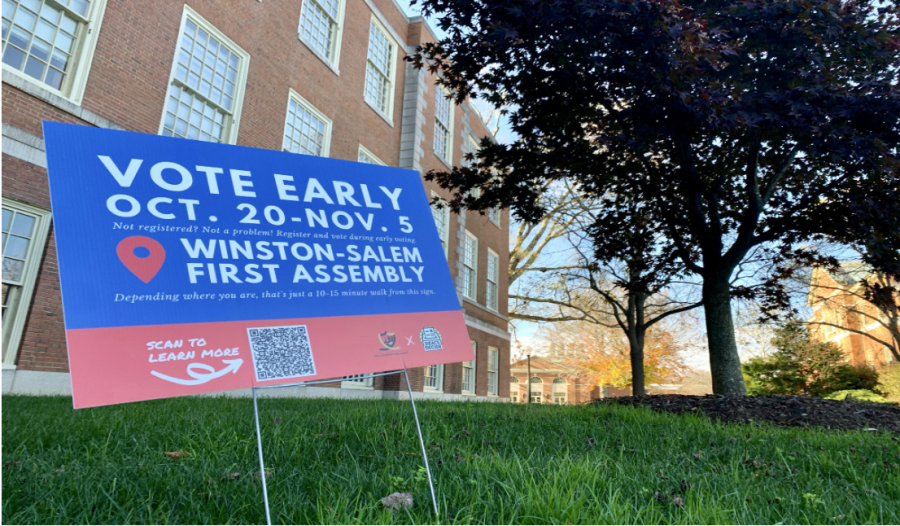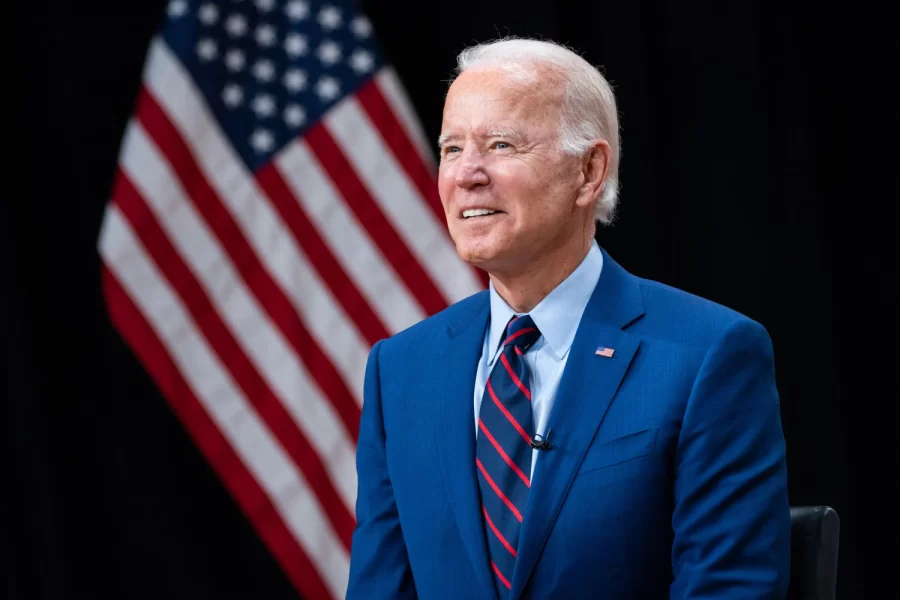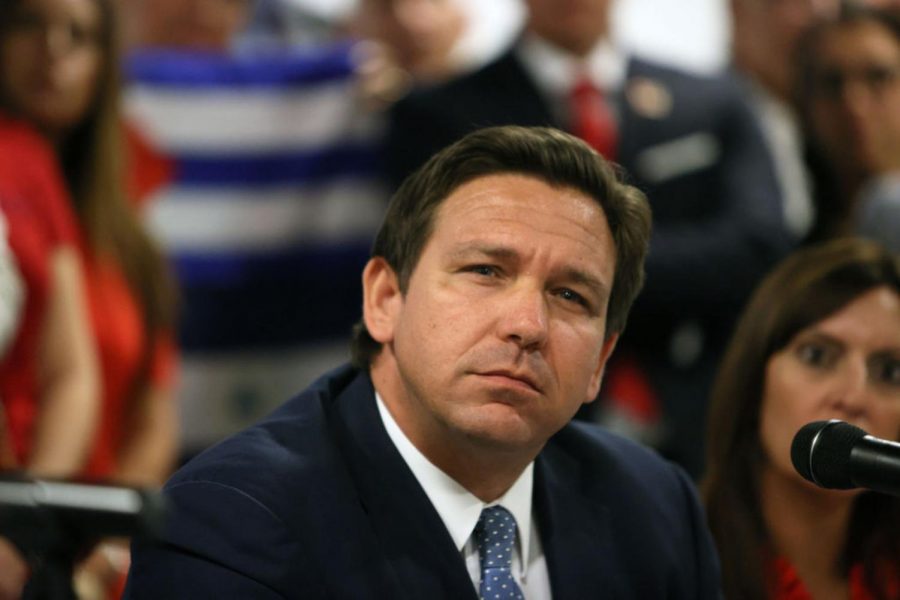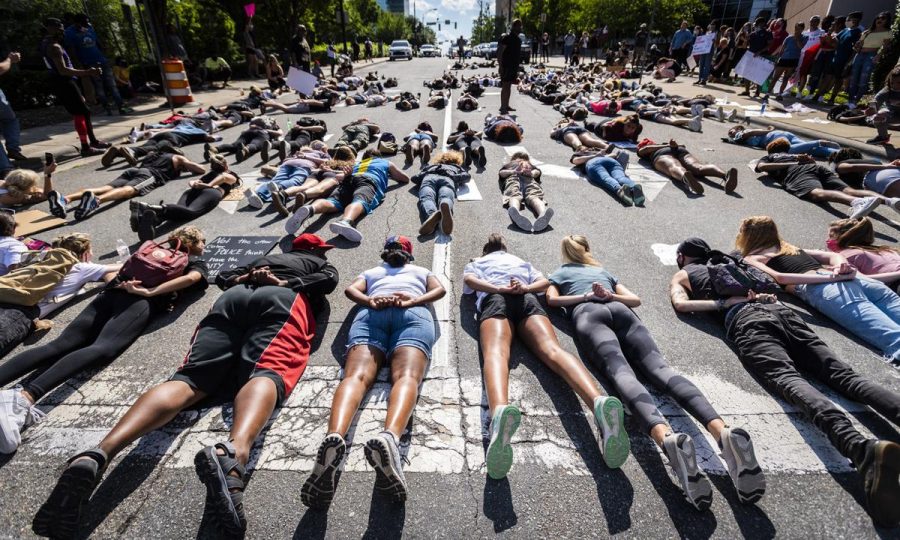As Wake Forest revises its policies so survivors of sexual assault feel enabled to report, new policies proposed by the federal administration potentially seek to make it more difficult. Although the proposed changes are still up in the air, Secretary of Education Betsy DeVos has indicated a desire to increase the rights of students accused of sexual assault.
One potential change would allow survivors to be cross-examined by their alleged assailant during student conduct hearings.
Tanya Jachimiak, the Title IX Coordinator for Wake Forest, said this process of informal resolution has typically not been permitted for cases of sexual assault, given the possibility of causing new trauma for the survivor.
Allison Carney, a graduate student working in the SAFE Office, expressed concern about this potential regulation.
“From a psychology perceptive, if you are already struggling with this trauma and you’re going to be cross-examined, it will lead to a lot of people falsely recanting or just not reporting,” Carney said. “It’s just going to increase the fear and let the perpetrators get away with it more often than not.”
Another possible change would raise the burden of proof for the victim from a preponderance of the evidence to clear and convincing. The next highest level of proof is beyond a reasonable doubt, the standard used for criminal hearings.
One of the benefits to operating at the university level is flexibility in the mechanisms through which sanctions are addressed. Title IX investigations into sexual assault are separate from criminal investigations.
“I believe a preponderance of the evidence is enough. We don’t need to raise the burden of proof,” Jachimiak said. “The rules of evidence are looser because we want students to be able to present whatever they want to present.”
At the end of a hearing, students found responsible for a conduct violation will face sanctions from Wake Forest, not from the criminal justice system. They might be expelled or suspended, but not jailed.
According to the annual Clery Report on Crime and Fire Safety, 14 rapes were reported on Wake Forest’s campus in 2017, an increase from the five in 2016. In both years, the actual number of sexual assaults were most likely far higher, campus officials say.
Students and administrators alike are working together to improve the process of reporting amid a growing national debate over sexual assault on college campuses and in workplaces.
PREPARE is a student group on campus whose main focus is raising awareness around sexual assault. Senior Elina Doolabh, an executive board member, believes survivors are unwilling to come forward out of fear of the repercussions of reporting.
“I think there’s a stigma around reporting that everyone on campus will know who it was and what happened,” Doolabh said. “And even who the perpetrator was, but that is definitely not the case.”
“There have been 14 reports but there are so many more assaults that actually happen,” said senior Katy Marget, another member of PREPARE. “But Wake Forest is such a small campus and people don’t want to show their life isn’t perfect, and they think everyone will find out who it was.”
Marget and Doolabh agree these increased numbers of reports are a sign of Wake Forest improving the climate on campus surrounding sexual assault. However, as numbers of reported assaults rise and efforts to increase education and awareness are doubled, the Trump administration may be on the cusp of making a dramatic change, potentially reversing the progress that has been made.
The role of universities now is to create equitable policies, and maintain a balance between the rights of both accuser and accused.
“We don’t advocate for either side-it’s about ensuring a fair investigation for all parties involved,” Jachimiak said.
Jachimiak believes Wake Forest’s current policies are sound. She doesn’t yet know the effect the potential federal regulations may have, but says Wake Forest, as a private school receiving little federal funding, will continue the practices that have worked on this campus.
“I’ve been through this a long time and I have seen a lot of changes,” Jachimiak said. “It’s always been about fairness. We need to make sure that it’s fair to both sides.”
Caught between the push of the Me Too movement and the Trump administration, universities like Wake Forest must decide for themselves how to move forward.
“I think Wake Forest has done a good job of trying to maintain what it personally wants, and as a private institution has the luxury of doing that,” Doolabh said. “I think Wake Forest is trying to tread this fine line of keeping a safe environment. But nationally, I think we have some issues.”



















